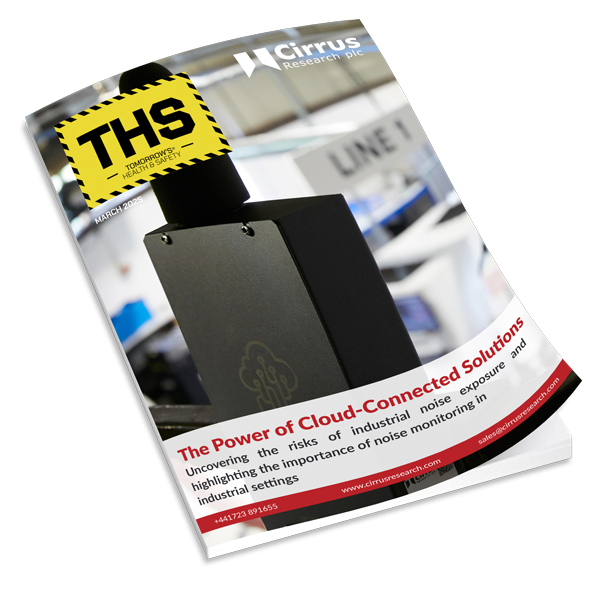With equity as the theme for International Women’s Day 2023, Lucy Dixon, Product Manager for the CHAS Fairness, Inclusion & Respect assessment, outlines five steps businesses can take to foster gender equity in the workplace.
Equity is sometimes confused with equality, but the two concepts are distinctly different. While equality focuses on treating people equally by ensuring they have the same opportunities and resources, equity recognises that people’s circumstances vary and treats people differently depending on their needs. Addressing equity is a way to level the playing field and can be vital in achieving equality.
Ways that businesses can promote equity in the workplace include:
Get to know your female employees
Taking the time to understand the women in your workforce will help avoid assumptions about their needs. One-to-one sessions can give women the opportunity to provide an insight into their individual circumstances, motivators and strengths and help you create the optimum environment for them to succeed. Holding these sessions regularly will help ensure conditions are adapted if and when an individual’s needs change.
Fair representation
As well as improving the recruitment of female employees, there should also be opportunities for women to grow into leadership and management roles. This can be supported by tailored training, resources and mentorship to ensure women have the same opportunities for advancement.
The good news is that according to the Mckinsey report on diversity and inclusion, companies with 30% more women executives outperform those with a lower level of female executives.
Fair workwear and welfare
Women’s bodies are different to men’s; for example, they have wider hips and differently shaped feet so in workplaces where women need protective equipment and clothing, take advantage of the wide range of PPE and protective workwear designed specifically for the female form.
Meanwhile for site-based workers ensure welfare facilities are up to scratch. Updated HSE guidance on Welfare standards for construction offers a picture of what good should look like.
Recommendations include: ensuring there is suitable means for the disposal of sanitary dressings in toilets used by women; the provision of holders or dispensers for toilet paper; suitable means of cleaning such as a toilet brush and the provision of hooks to keep clothing and articles off the floor.
Don’t ignore the menopause
Proposals to trial menopause leave and incorporate menopause as a specific protected characteristic of the Equality Act 2010, may have been rejected by government but firms shouldn’t ignore menopause.
Discriminating against women because of their sex and age can be seen as sexual harassment and the number of employment tribunals involving the menopause are on the rise.
Therefore, while not a legal requirement, a menopause policy is a good idea. Policies should focus on increasing awareness of how women can be affected by menopause – which can vary considerably between individuals – and ensuring policies such as work-from-home and sickness-absent policies take menopause into account.
You could also consider taking The Menopause Workplace Pledge, which was launched in 2021 by Wellbeing of Women and calls on every employer to provide menopause support.
Commit to continuous improvement
As with Equality, Diversity & Inclusion, a commitment to continuous improvement in promoting equity is a hallmark of a responsible employer. The CHAS FIR growth assessment offers businesses a way of measuring their current performance around Equality, Diversity & Inclusion through third-party accreditation while setting out a roadmap for continuous improvement. The assessment is based on the Supply Chain School’s Fairness, Inclusion & Respect Growth Assessment tool.






















